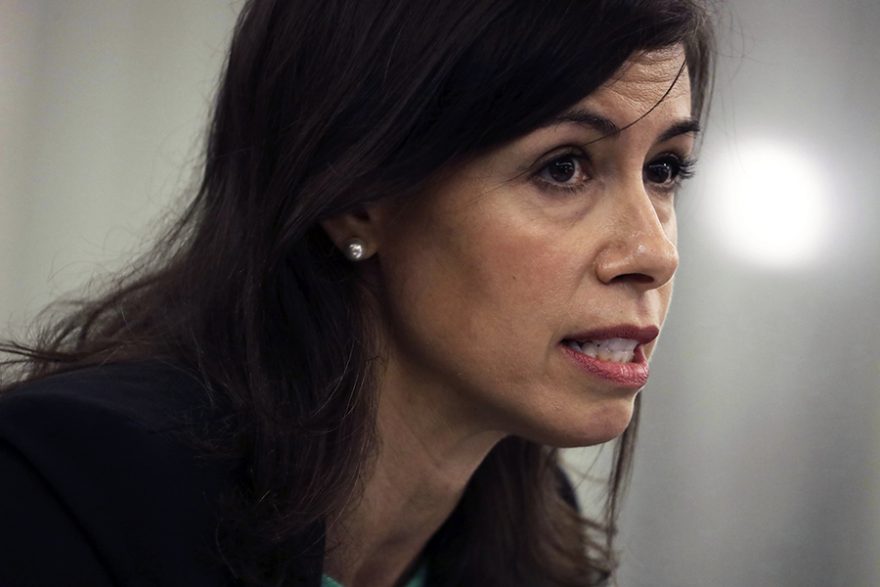Will New Net Neutrality Rules Benefit Ed-Tech Vendors and Districts?

The Federal Communications Commission is planning to restore net neutrality rules, in a move aimed at reviving a landmark internet regulation from the Obama era that was repealed by the Trump administration.
Last week the FCC released a tentative agenda for its October meeting that includes discussion about a new net neutrality rulemaking.
Net neutrality is the idea that web content should be treated equally by internet service providers, rather than allowing them to deliver material at faster or slower speeds based on which content providers are paying more, or other priorities.
The issue could play a potentially important role for education companies and districts reliant more than ever on technology for daily learning — in the classroom and at home.
Leading up to the 2017 repeal of the FCC’s net neutrality rules, school officials and education organizations were concerned that scrapping open internet protections could slow down the flow of online content to schools, and potentially hurt innovation by K-12 entrepreneurs.
In a speech last week, FCC chairwoman Jessica Rosenworcel said she was going to propose new rulemaking to designate internet service as an “essential telecommunications.”
The proposed rules would put in place policies “to prevent your broadband provider from engaging in blocking, throttling, and paid prioritization along with a general conduct rule that prohibits your broadband provider from unreasonably interfering or unreasonably disadvantaging consumers from going where they want and doing what they want online,” Rosenworcel said.
“For consumers, this means internet openness, security, safety—and one nationwide net neutrality standard they can count on,” she said at an event at the National Press Club.
Rosenworcel noted that introducing proposed rules for net neutrality was just a “first step.”
Political Conditions Change
The commission will vote on the draft proposal at its October meeting, and if approved a public comment period will follow. It’s likely that the FCC will vote on the final rules next year. A third Democratic commissioner was recently named to the commission after nearly two years of a 2-2 deadlock that prevented the agency from taking action on politically divisive topics, including net neutrality.
Education and tech groups welcomed the FCC’s move to restore net neutrality protections.
In a statement, American Library Association President Emily Drabinsk said her organization is convinced that ensuring equitable access to the internet is “critical to our nation’s social, cultural, educational and economic well-being.”
And Sara Kloek, the director of education policy at the Software & Information Industry Association, or SIIA, said in an interview that the organization is still concerned about potential negative impacts to students’ ability to access the internet and use digital learning tools without net neutrality protections in place.
“From the perspective of the ed-tech community it is imperative that students and learners have access to info when they need it,” Kloek said.
“We want to make sure students and the vendors of the products that they use to learn are not put to the back of the line,” she said, when it comes to internet speeds.
Photo: FCC Chair Jessica Rosenworcel appears at a 2020 U.S. Senate committee hearing. (Alex Wong/AP)
Follow EdWeek Market Brief on Twitter @EdMarketBrief or connect with us on LinkedIn.
See also:
